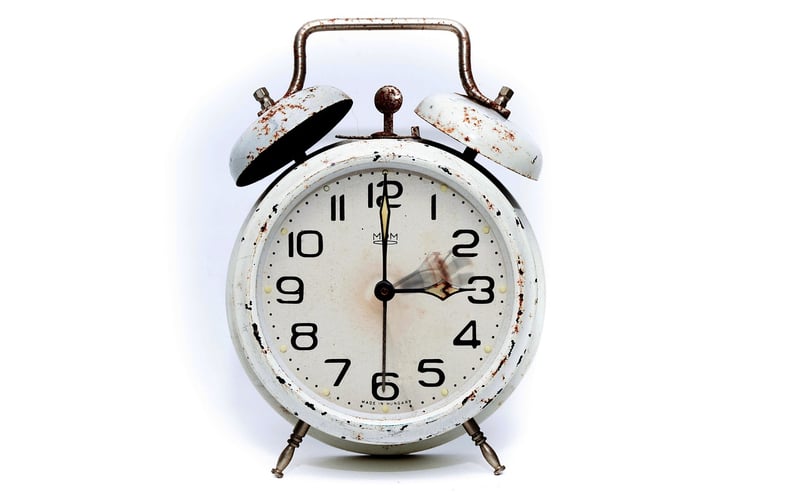Grandfather Paradox
Navigating Complex Concepts: Understanding the Grandfather Paradox
Exploring the intricacies of time travel can lead us to encounter fascinating and perplexing paradoxes, one of the most famous being the Grandfather Paradox. Let's delve into this complex concept to unravel its implications and intricacies.
What is the Grandfather Paradox?
The Grandfather Paradox is a thought experiment that presents a scenario where a time traveler goes back in time and prevents their grandfather from meeting their grandmother, thus preventing their own birth. This leads to a logical contradiction - if the time traveler was never born, how could they have traveled back in time to prevent their own existence?
Paradoxical Implications
This paradox raises profound questions about causality, free will, and the nature of time itself. It challenges our understanding of cause and effect, suggesting that altering the past could have unforeseeable and contradictory consequences.
Resolving the Paradox
Scientists and philosophers have proposed various theories to resolve the Grandfather Paradox, including the idea of parallel universes or timelines where changes in the past create new branches of reality. Others argue for the concept of a predetermined timeline where attempts to alter the past are futile.
Visualizing the Concept

Conclusion
While the Grandfather Paradox remains a perplexing conundrum, exploring such complex concepts can broaden our understanding of the universe and challenge our perceptions of time and reality. Whether as a mental exercise or a plot device in science fiction, the Grandfather Paradox continues to captivate our imagination and spark intriguing discussions.
For more insights into time travel and other mind-bending concepts, stay tuned for our upcoming articles.
